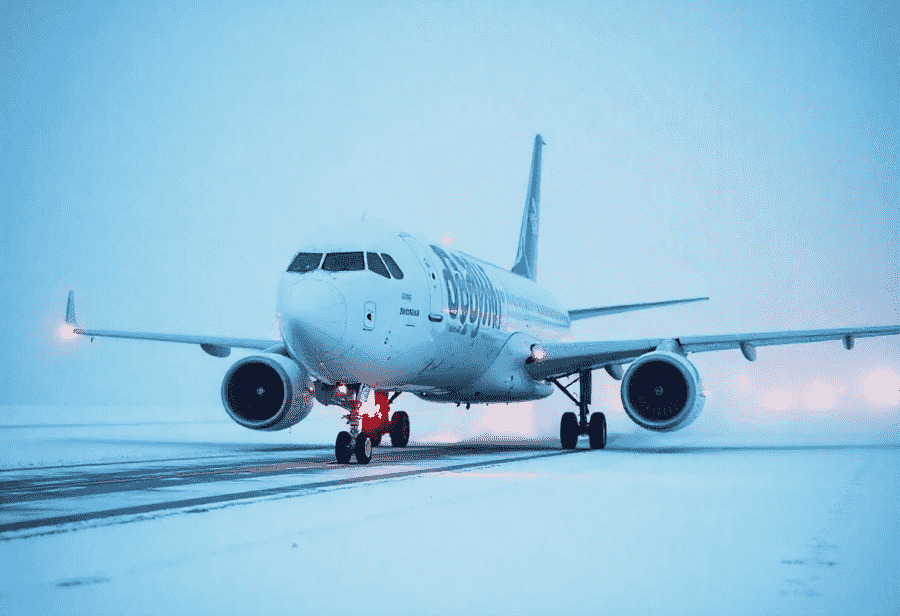Saturday, May 10, 2025
In a groundbreaking move, Canada, France, and the Netherlands are playing pivotal roles in propelling WestJet’s bold transformation into a global aviation powerhouse. Backed by strategic investments from Delta Air Lines and Korean Air, along with Air France-KLM’s involvement, WestJet is shifting its focus from its traditional US routes to high-growth international markets. This significant partnership marks the airline’s aggressive push to dominate the skies beyond North America, with plans to expand its presence across the trans-Atlantic and trans-Pacific regions. As the global aviation landscape shifts, this infusion of foreign capital is setting WestJet on course to become a serious competitor in the international aviation arena, solidifying its position as a leading player in the global market.
As the skies gradually reopen post-pandemic and the trade war between Canada and the United States intensifies, Calgary-based WestJet is taking decisive steps to expand its global footprint, powered by significant foreign investments. This move marks a new chapter for the airline, which has traditionally been a key player in Western Canada, but is now poised to reach new international heights with the backing of major international airline giants.
On Friday, WestJet announced a landmark deal that will see Delta Air Lines and Korean Air each acquire minority stakes in the airline, securing a combined total investment of US\$550 million. This deal is seen as a bold signal of WestJet’s ambitions to position itself as a major international carrier, with both airlines taking a 25% stake in the Calgary-based airline. The deal also involves Air France-KLM, which will participate in a separate third-party transaction with Delta, further strengthening WestJet’s ties to the Netherlands-based SkyTeam Alliance.
This investment comes at a time when the aviation industry is experiencing a remarkable recovery, surpassing pre-pandemic levels in some markets. Experts interpret this as an endorsement of WestJet’s strategy to pivot away from its traditional US-focused routes in favor of more profitable trans-Atlantic and trans-Pacific markets. This strategic shift aims to align the airline with global travel trends, which are increasingly being shaped by changing geopolitical landscapes and evolving consumer preferences.
Under the terms of the agreement, Delta will take a 15% stake in WestJet for US\$330 million, while Korean Air will acquire a 10% stake for US\$220 million. Delta also plans to transfer a portion of its stake to Air France-KLM for US\$50 million, thus reinforcing WestJet’s position within the SkyTeam Alliance. Analysts note that this partnership brings new opportunities for WestJet in the competitive international aviation market, particularly in Europe and Asia, where demand for air travel continues to surge.
One of the key motivations behind this deal is WestJet’s evolving business model. The airline has been making a strategic shift from a low-cost regional carrier focused on North American routes to a global contender with a focus on international growth. This shift in focus comes as the airline reduces its service to US destinations and increases its presence in Europe and Asia. The move away from the US market is in line with broader industry trends toward prioritizing profitability over route volume, especially in politically stable regions and emerging markets where travel demand is growing rapidly.
WestJet’s expansion strategy also reflects its efforts to remain resilient amid a challenging geopolitical landscape. The ongoing Canada-US trade war has cast a shadow over cross-border trade and travel, creating uncertainty for airlines that rely heavily on US routes. As a result, WestJet has been reevaluating its network and reallocating resources to less politically volatile international markets. This reallocation includes the addition of new routes to key destinations in Asia and Europe, such as Seoul, Rome, and Tokyo.
Industry observers view the deal as a response to these global shifts, with WestJet positioning itself as a forward-thinking airline that can adapt to changing market dynamics. The airline’s strategy to prioritize international routes is not only a way to capitalize on the recovery of global air travel but also a means of mitigating risks tied to geopolitical instability in North America.
Despite this substantial foreign investment, control of WestJet remains firmly in the hands of Onex Partners, the private equity firm that acquired the airline in 2019. Onex has emphasized that the deal does not alter WestJet’s Canadian identity, but rather enhances it by aligning with international partners who bring strategic value to the airline’s growth plans. In a joint statement, Delta and Korean Air reiterated the importance of strengthening WestJet’s global presence and expanding its international network, underscoring the long-term potential of this collaboration.
WestJet now operates a fleet of nearly 200 aircraft and serves more than 100 destinations worldwide. The airline has also announced plans for future growth, with its recent route expansions into major cities such as Seoul, Rome, and Tokyo. As the airline works to implement its strategy for post-pandemic recovery, this new influx of foreign capital will allow WestJet to bolster its global reach while maintaining its core identity as a Canadian carrier.
Canada, France, and the Netherlands are driving WestJet’s ambitious shift from regional to global markets with strategic investments, marking the airline’s bold transformation into an international aviation powerhouse. This partnership sets the stage for WestJet to dominate trans-Atlantic and trans-Pacific routes while reducing its reliance on US markets.
For WestJet, the future looks increasingly international. With strong backing from global aviation leaders, the airline is positioning itself as a serious player in the global travel market, focused on expanding its footprint across key international destinations. This move will likely have far-reaching implications for the airline as it navigates the complexities of the post-pandemic travel landscape and faces the challenges and opportunities of the changing global airline industry.
